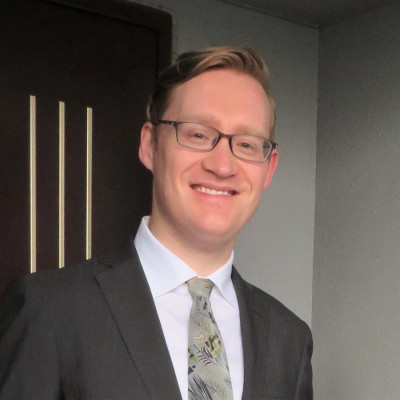Sessions /
Adapting CEFR Can-dos to Self-access Learning
#1247
The Common European Framework of Reference for Languages (CEFR) describes a six-point scale for language abilities/competencies as can-do statements. According to the University of Cambridge (2011), CEFR is frequently used as a planning tool for development of language learning textbooks, examinations, syllabuses and curricula. As well as allowing comparisons of different contexts and programs, when adapted, the can-do statements can clarify the goals and objectives of language curricula into clear and achievable competencies. This presentation will describe a process of aligning existing self-access centre (SAC) facilities to CEFR by adapting can-do statements. Facilities included multi-lingual conversation lounges, an English writing centre and a test-preparation consultation service staffed by students and faculty. I will explain the selection and adaptation of can-do statements and how this process led me to reconsider whether the SAC provided learners the best opportunities to develop their language skills and autonomy. While the pandemic prevented the project’s on-the-ground implementation in 2020, the planned next steps for dissemination of the can-do statements will be described. The presenter will also address the general benefits and challenges of aligning language learning curricula and self-access programs to frameworks like the CEFR.
